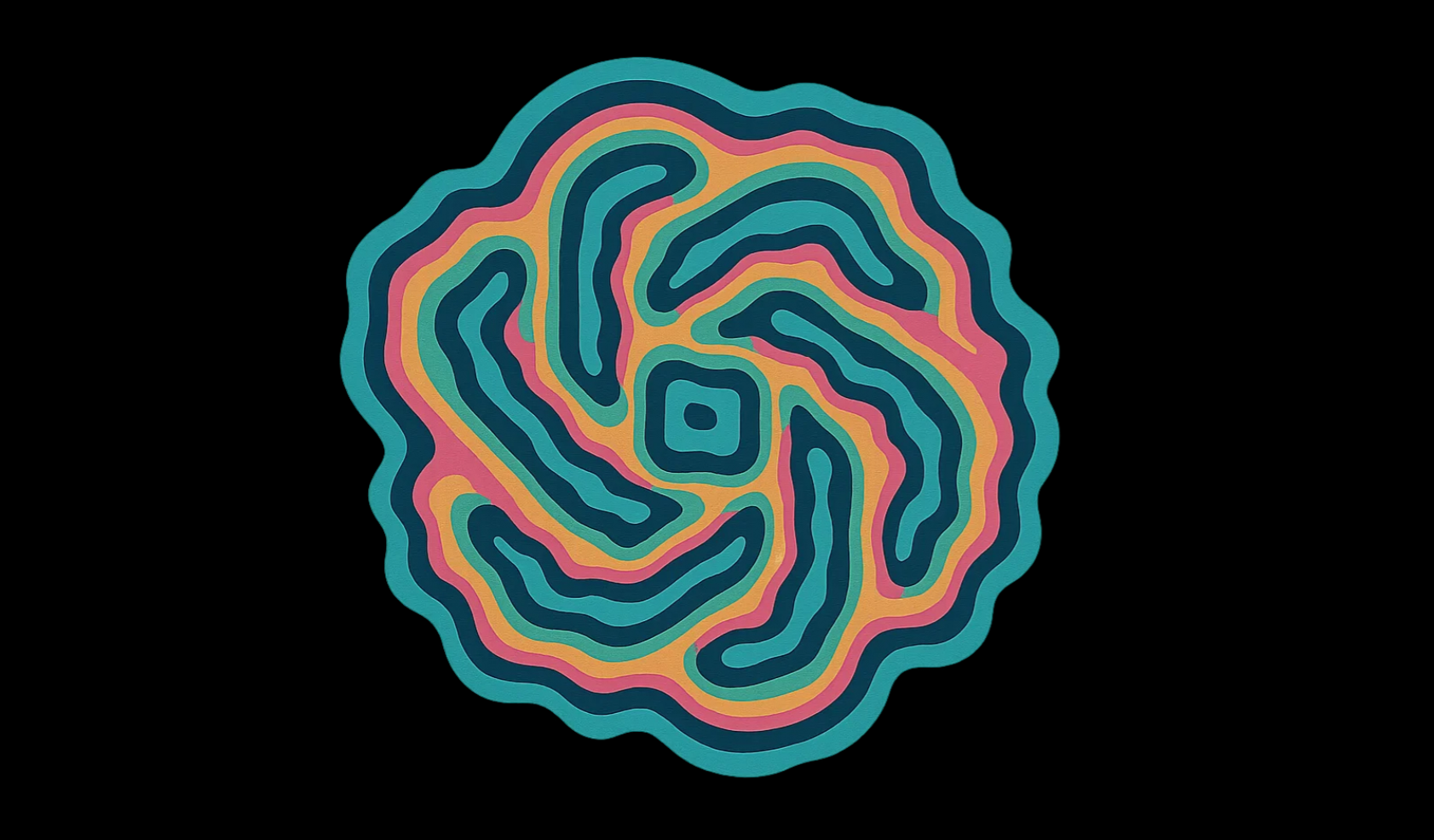AI systems like ChatGPT are inherently prone to “hallucinations,” generating falsehoods or misleading information. This occurs because they predict the next word rather than discriminate truth. OpenAI categorizes hallucinations into three types: intrinsic (contradicting the prompt), extrinsic (contradicting factual data), and arbitrary (guessing on rarely seen topics). To mitigate these inaccuracies, OpenAI employs strategies like reinforcement learning, external tools, and fact-checking subsystems. Future models aim to recognize their own uncertainty, allowing them to refrain from answering when unsure, mirroring human behavior. Evidence of this progress includes recent developments where newer models admitted when they could not solve complex problems, a departure from earlier versions that guessed incorrectly. OpenAI’s ultimate goal is to create a reliable and predictable AI system, enhancing user trust through improved accuracy and better handling of uncertainty in responses.
Source link
